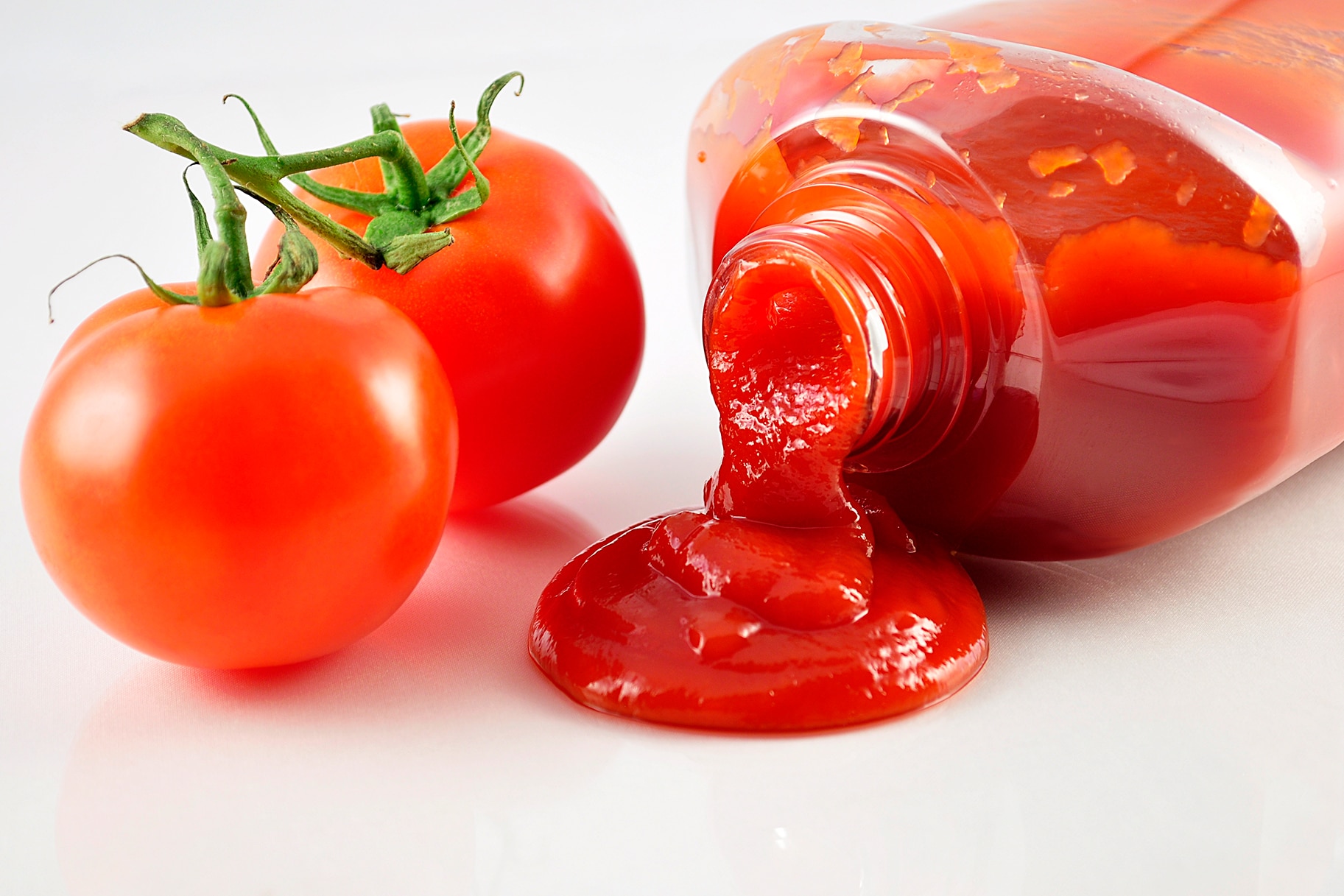
Create a free profile to get unlimited access to exclusive videos, sweepstakes, and more!
Ketchup-Gate Is the Latest Food Controversy That's Driving the Internet Crazy
It's not as simple as it sounds.

Count on the interwebs to explode over everything from Beyoncé’s twins to the latest political drama, but the fighting is not limited to such momentous issues of global importance. The latest issue ruffling everyone’s feathers on Twitter? The correct way to store ketchup.
You buy ketchup in the grocery store aisles, unrefrigerated. But once you take it home, does it go in the pantry or the fridge?
This particular round of the debate began after ASDA supermarket in the UK announced that their store location in Clapham would begin keeping some ketchup in the refrigerator section, while some would remain in the condiment aisle.
As for the correct answer to the quandary, the jury is still out. Labels say to refrigerate after opening, but ketchup bottles routinely sit on restaurant and diner tables all day long without anyone seeming all that concerned.
And what about other condiments, like soy sauce or hot sauce?
“I am on the side of refrigeration,” Matthew Robinson, a chef, food scientist, and food blogger who runs The Culinary Exchange, tells The Feast. Why? For several reasons, he explains: “While it is high in vinegar, it can spoil. It might take some time, but it can spoil and that would be a waste. Even if it didn’t spoil, I would still refrigerate, because it is the best way to keep ketchup tasting as fresh as the day the bottle was open,” says Robinson.
Flavors in foods are subject to a variety of internal and external factors that can and do affect their color, texture and taste, even if those foods aren't actually spoiling in a way that would make anyone sick. “The more control we have over the environment they sit in, the better," says Robinson. "Changes in the environment, like big swings in temperature, will have a negative impact on them, especially in the flavor department,” says Robinson. The refrigerator is a very controlled environment; the pantry, not so much. The same goes for condiments such as mustard and soy sauce, adds Robinson.
What about sriracha? “I keep my sriracha in the refrigerator," he notes, even though "the ingredient list indicates the preservatives potassium sorbate and sodium bisulfite. The sorbate is a killer of microbes like mold and yeast that prevents spoilage. Sodium bisulfite also kills microbes and acts as an antioxidant." But to eliminate any doubt, you might as well refrigerate if you have the space.
Not convinced? Something tells us this controversy won't be dying down anytime soon.














